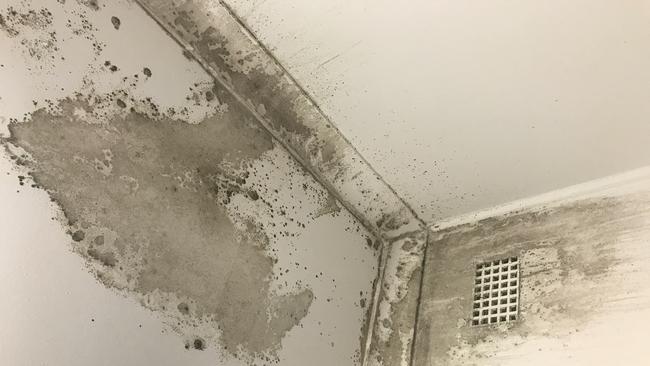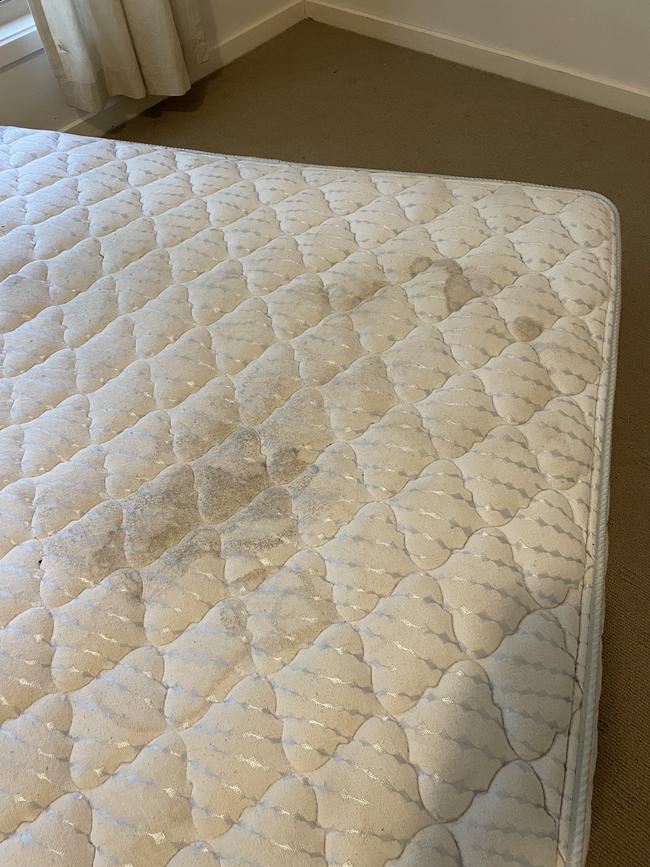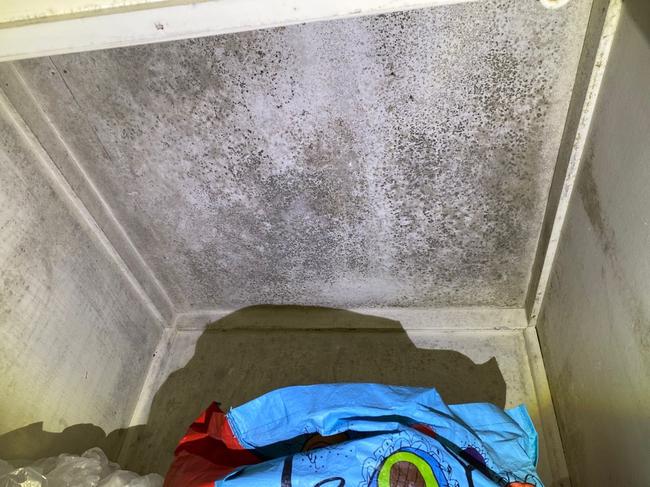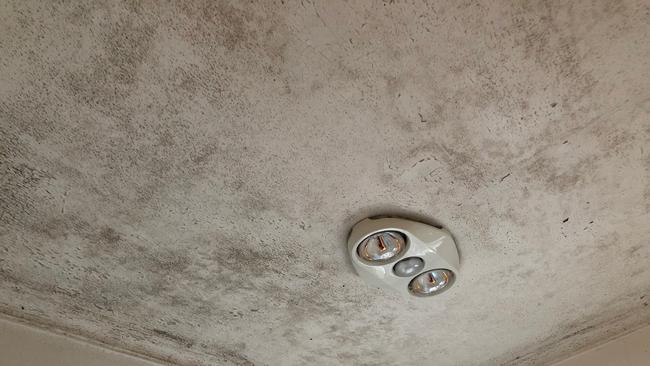Explained: How to mould proof your home before next big wet
A global air quality expert has revealed more Queensland homes will be infested with mould amid the threat of a “continued” wet season. This is what you need to do now to prevent it.

Lifestyle
Don't miss out on the headlines from Lifestyle. Followed categories will be added to My News.
A global air quality expert has revealed more Queensland homes will be infested with mould and further respiratory problems diagnosed amid the threat of a “continued” wet season.
Queensland has so far this year been lashed by unprecedented rain including the state’s ninth wettest July on record.
Queensland University of Technology professor Lidia Morawska said those events have made it impossible for Queensland homes to “dry out” ahead of a predicted third consecutive La Nina event occurring from early Spring.

Long term forecasters have predicted the formation would produce months of savage storm activity, cyclones, flash flooding, and hail “the size of cricket balls.”
“A wet summer would only make the situation worse,” she said.
It comes as a new study revealed Queenslanders have become “increasingly concerned” about mould in their homes since February floods.

The Daikin Australia ‘Understanding indoor air quality in Australian homes’ study, which surveyed 2000 respondents, also found 84 per cent of Australians hold some level of concern about indoor air quality while 52 per cent have experienced air quality-related health issues.
National Asthma Council spokeswoman, Professor Sheryl van Nunen said it is important to achieve “cross ventilation” as “opening just one window can introduce more allergens, such as spores, pollution, pollen and smoke to the air you breathe”.
Prof van Nunen said a lot more people are living in apartments where it is difficult to achieve “flow through ventilation”.
“Good ventilation in the home means cross ventilation,” she said.
“The air must be able to enter and leave your house, for example, through the front and back doors to have any meaningful impact.”
Prof van Nunen said while the symptoms of poor air quality in the home can seem mild, the cumulative effect of wheezing and nasal blockages can increase the likelihood of catching any respiratory virus.
She said it is important to get rid of mould by using double strength vinegar rather than bleach which actually “produces” white mould in the home.

Australian company Thinxtra has been experiencing increased demand for internet-connected battery-powered sensors that measure CO2, humidity, temperature and other factors.
Thinxtra CEO Nicholas Lambrou said monitoring indoor air quality was “crucial” to manage the ongoing Covid risk, the presence of harmful PFAS chemicals, as well as contaminants resulting from recent and future floods.
He said workplaces, schools and households had become accustomed to opening windows regularly to circulate fresh air, and buying up purifiers to supplement airconditioning systems.

“But it’s difficult to determine the extent of effectiveness without actively measuring indoor air quality,” he said.
“Air quality is dynamic; it can switch from a good to poor state in a matter of minutes, and can vary greatly in different rooms and buildings.”
Mr Lambrou said the sensor devices allowed people to understand the state of air in real time.
“As we gear up for a predicted triple La Nina - and even hotter summers which bring with them the risk of prolonged bushfire seasons - this level of visibility can help us feel safe about the air we breathe,” he said.




